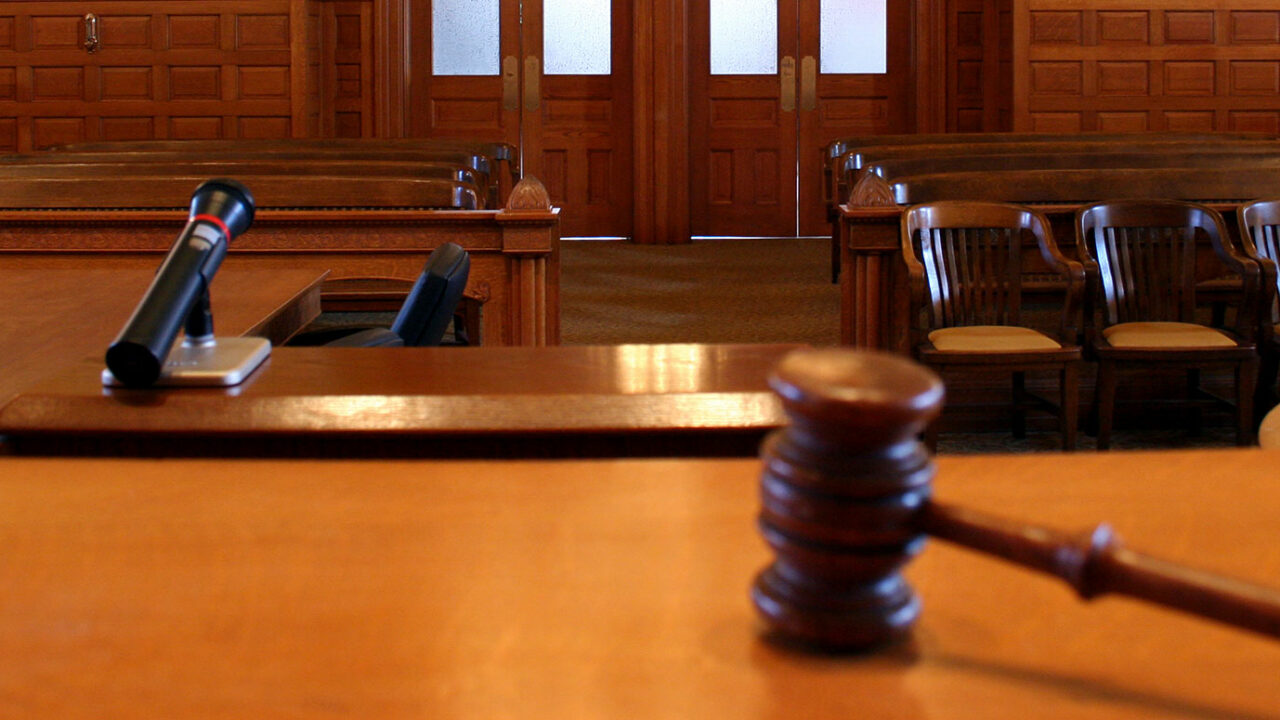By Aodhan O’Faolain
The High Court has been asked to extend by up to 10 years the bankruptcy of a Co. Monaghan farmer whose cattle were shot by members of the Defence Forces.
The extension application has been opposed by the farmer, who told the court that he remains “haunted” after witnessing the shooting of his cattle in July 2016.
He was declared bankrupt on foot of a petition brought by John Kelly Fuels Ltd for €262,000. He was declared bankrupt in February 2016, and was due to exit the process 12 months later. This was later extended by three years.
Lehane claims that the man in question has failed to co-operate by failing to provide a a Statement of Affairs detailing all of his assets.
The OA claims that, in attempting to recover the assets, he had to take various steps, including issuing several warrants in 2016 allowing him to search a number of locations and seize items, including farm machinery and vehicles.
Lehane said that, on two separate occasions, cash totalling €17,000 that was detected by sniffer dogs was recovered following searches of the property.
The representative for the farmer, Eanna Mulloy SC (senior counsel), instructed by solicitor John Geary, strongly denies that his client has not co-operated with the OA, and says that Lehane was furnished with a Statement of Affairs.
The farmer says that between the date of his bankruptcy adjudication in February 2016 and May 2016, everything that he had worked for over 35 years was “literally wiped out and destroyed” by Lehane and his agents.
He said that he was bullied and intimidated by an agent of the OA. He rejects claims that his cattle were put down humanely, and argues that he could have been contacted to remove them from the land, and that they were shot without any warning to him.
He also claims that assets in his estates have been sold at an under-value, and that his reputation has been damaged by the OA and his agent’s actions.
As part of the application, the farmer’s lawyers cross-examined Lehane on his bid to extend the bankruptcy.
In reply to Eanna Mulloy SC, Lehane said that he had attended the farm after the bankruptcy adjudication with members of the Gardaí, including Gardaí in the Emergency Response Unit, and had done so on the advice of the Gardaí.
However, he accepted that on that and other subsequent occasions that he attended the farm, he had not felt threatened by the farmer.
Official assignee’s argument
Lehane told the High Court that the five cattle were shot “for health and safety reasons”, as well as security issues.
He said that cattle had been found wandering on public roads. In addition, 15 other cattle had been stolen from the farm.
In the interests of public safety and to prevent the spread of TB, which had been detected following tests of the herd, a decision was “reluctantly taken” that the five animals should be culled, he said.
Over a period of time, he and his agents had tried to remove the cattle from the farm. Most had been taken off but some could not be removed from the fields they were in, with the animals being described as “wild and dangerous”.
He said that gates, that had been locked with chains, were repeatedly opened, and the chains cut, allowing the cattle out on the public roads, which “presented a danger to the local community”.
Lehane said that he had discussed the matter with the farmer in the days before the animals were shot, and claimed that he was told that the cattle “would never be caught”.
He also told the court that there was a lot of “misinformation” in relation to the shooting of the animals and that, in response to what was being posted on social media, he had issued a statement clarifying matters.
Bernard Dunleavy SC, counsel for Lehane, told the court that the farmer’s non co-operation with the OA was “serious, significant and was ongoing” and that, as a result, an extension of between six and 10 years was merited, Mr. Dunleavy added.
Meanwhile, counsel for the farmer urged the court to consider that, by virtue of legal proceedings, his client – who has co-operated “as best he can” and has had genuine concerns about how assets have been managed by the OA – has had his bankruptcy term extended by an additional three years already.
Following the conclusion of submissions, Ms. Justice Teresa Pilkington said she required time to consider the issues, reserving her decision on the application.
